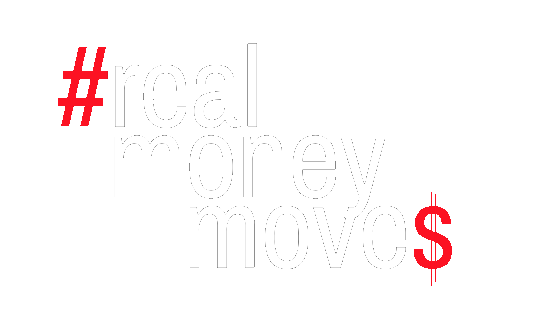Real Money Moves began as a national initiative of artists, athletes, actors and everyday activists who wanted their money out of private prisons and invested back in communities.
Image courtesy of Rebecca Hendin
in 2018
over 30 influencers working with Real Money Moves took action on the issue of big banks financing private prisons, and their role in family detention and mass incarceration. Alongside grassroots activism by the #FamiliesBelongTogether coalition and the #BackersOfHate campaign, Real Money Moves's leadership helped influence JPMorgan Chase, Wells Fargo, Bank of America, SunTrust, BNP Paribas, Barclays, Fifth Third Bank, and PNC, who publicly committed to ending their financial ties to private prisons.
Now that the largest banks in the US will no longer extend credit lines and underwrite loans and bonds for the private prison companies behind family detention, it’s feeling inevitable that other big banks like Regions, Citizens, Pinnacle Bank, First Tennessee Bank, and Synovus Bank to follow suit. This won’t happen without public pressure, however.
What's So Bad About Private Prisons?
Media coverage of the family separation crisis has highlighted the abuses perpetrated by private prisons, and the Department of Justice itself has noted that private prisons are more dangerous for both inmates and guards than government run facilities. But that's just the tip of the iceberg.
As explored in “What Do Big Banks Have to Do With Private Prisons,” GEO Group and CoreCivic have a long history of profiting from mass incarceration: they make money when beds are filled, justly or unjustly. Together they’ve spent a combined $25M on lobbying over the past three decades. Disclosures show they’ve lobbied on a number of bills related to funding for ICE enforcement over the years. GEO Group and CoreCivic say that they don’t lobby on legislation or policies that would affect the basis for or length of incarceration or detention, but according to the Justice Policy Institute, both companies have served on task forces of the American Legislative Exchange Council (ALEC), which has written and promoted model legislation focused on mandatory minimums sentences, three strikes laws, and “truth in sentencing” legislation.
What Does Immigrant Detention Have to do with Private Prisons?
Over 70% of immigrant detainees are held in privately owned facilities and private prisons receive over $1B a year in contracts from ICE – that's almost $2.8M a day of taxpayer money!
What’s My Role In All Of This?
Most of us don’t know where our money spends the night. For example, when you put your money in the bank, it doesn't just sit in a vault somewhere. The bank lends it out to companies through loans and also invests it in stocks in order to make a profit.
Last year, Wall Street banks like JPMorgan Chase, Wells Fargo, Bank of America, BNP Paribas, SunTrust, and U.S. Bancorp loaned millions of dollars to help finance private prisons and immigrant detention. Many of these banks are also members of the “Million Shares Club” — investors who own over 1M shares in the biggest private prison operators, GEO Group and Core Civic. If you have money at one of those banks, this means that your hard earned dollars could be funding the private prison industry – as well as sweatshops, fossil fuels and much more!
What Can I Do About it?
We know a better way! Real Money Moves is providing resources to help you navigate the process of moving your money to match your values, so you can truly own what you own.
Ready to make some #RealMoneyMoves?




